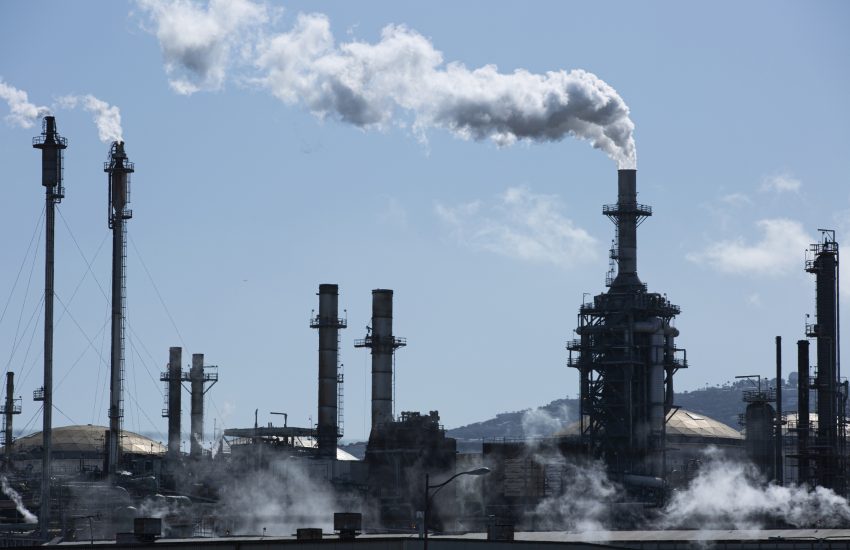Faced with back-to-back years of unprecedented flooding, wildfires, and soaring temperatures, sixteen teens and children from Montana, ages 2-18, are suing their home state in what may precipitate the next wave of climate-change litigation.
With favorable rulings from a state judge and the Montana Supreme Court, the children’s lawsuit is on track to become the first such climate lawsuit to go to trial in the United States. It alleges that Montana, by fostering fossil fuels as its primary energy resource, is contributing to a deteriorating …
Continue Reading









